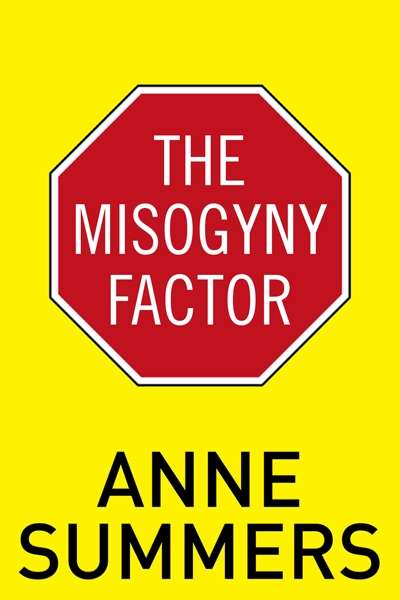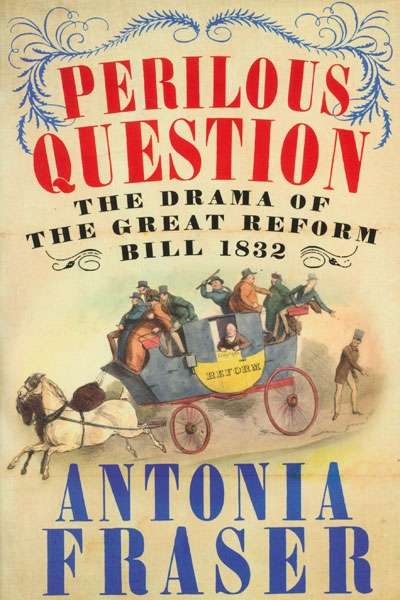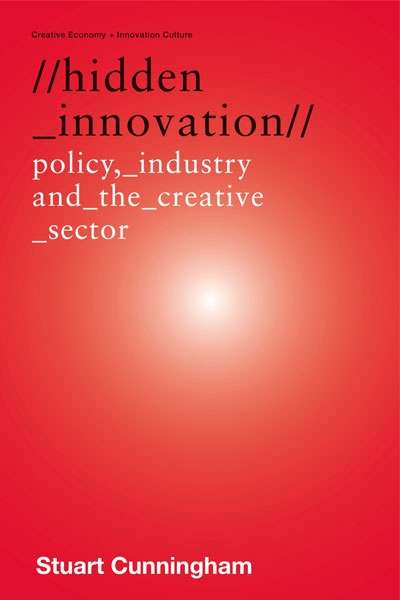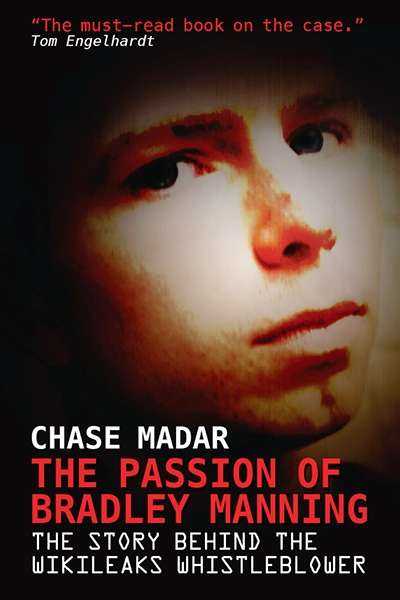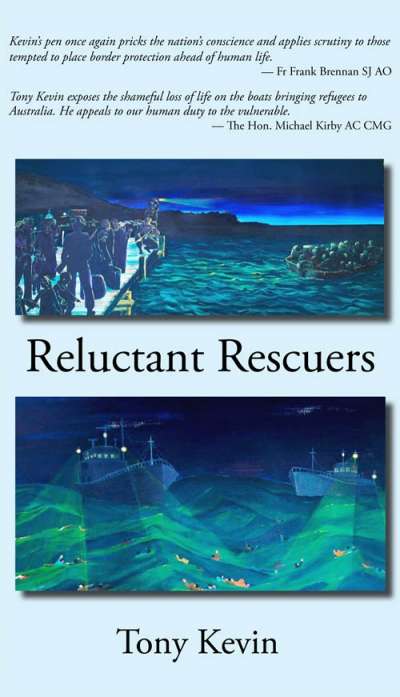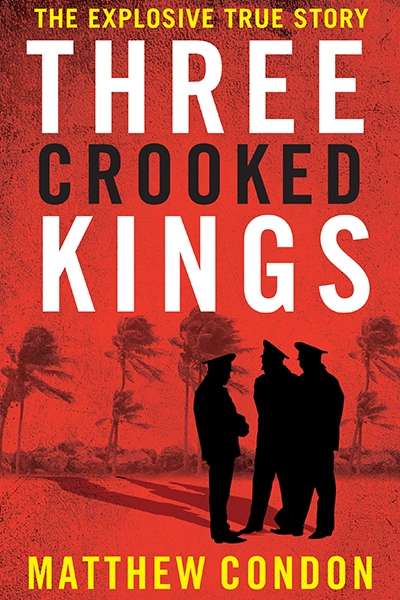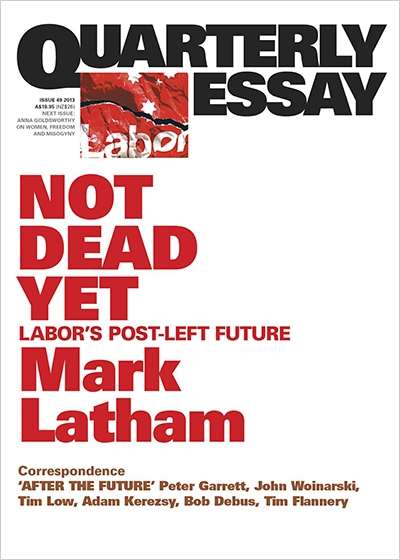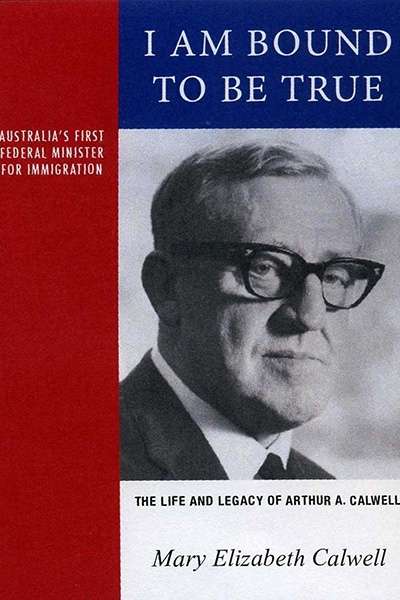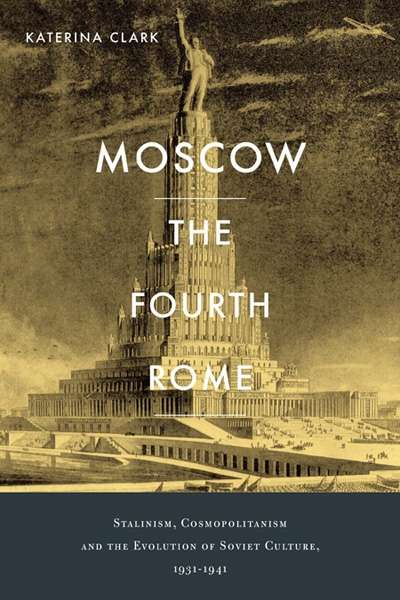Politics
Julia Gillard’s magnificent tirade against Tony Abbott in parliament last year has given Anne Summers her title for The Misogyny Factor, a polemic on the landscape of sexism and disadvantage in Australia based on two of her own recent speeches. Hillary Clinton’s distinction between progress (the signs of how far we have come) and success (enduring changes in attitudes and structures) provides another important point of reference. A strong believer in affirmative action, Summers documents startling statistics about persisting discrepancies between the sexes in income, representation in positions of power, and recognition and rewards.
... (read more)Perilous Question: The Drama of the Great Reform Bill 1832 by Antonia Fraser
ver fifty years have passed since I wrote my first tutorial essay in Politics, Philosophy, and Economics (PPE), or Modern Greats, as it was known in Oxford. The subject was the Great Reform Bill of 1832, which for the first time in over a century expanded the right to vote and redrew the electoral map of Great Britain ...
... (read more)Hidden Innovation: Policy, Industry and the Creative Sector by Stuart Cunningham
According to one study cited in Stuart Cunningham’s book, there are two opposing groups of people: ‘Political Junkies (PJs)’ and ‘Big Brother fans (BBs)’. PJs think that it beggars belief that anyone could think Big Brother was useful. BBs say that politicians are unapproachable and out of touch. As an MP who used to quite enjoy watching Big Brother, I found myself torn. Am I a BB or a PJ? A PJ in BBs? Or a BB in PJs?
... (read more)The Passion of Bradley Manning: The Story Behind the Wikileaks Whistleblower by Chase Madar
Bradley Manning is famous for being the US soldier who supplied WikiLeaks with its ‘choicest material’. In The Passion of Bradley Manning, Chase Madar argues that Manning is a national hero who has been wrongfully punished for his actions ...
... (read more)Reluctant Rescuers: An Exploration of the Australian Border Protection System’s Safety Record in Detecting and Intercepting Asylum-seeker Boats, 1998–2011 by Tony Kevin
In Reluctant Rescuers, Tony Kevin addresses the rescue at sea of boat people who have entered Australian waters. He aims to provide a ‘fact-based analysis of a shadowy’ – and deeply controversial – ‘area of public policy’. Kevin begins by correcting the myth that ‘people smugglers’ are the ‘main culprits when people die at sea’ ...
... (read more)In April 2012, barely a week after Queensland had elected a conservative government to office for the first time in twenty-six years, Campbell Newman announced the abolition of the state-funded premier’s literary awards. The decision, despite disingenuous claims to the contrary, was entirely symbolic, coming as it did before Newman’s Liberal National Party had been officially sworn in or had articulated anything approaching a comprehensive fiscal policy. It was an early portent of a regression to a time when philistinism was celebrated and executive power ran uncurtailed. Soon the premier was using his maiden parliamentary speech to pay tribute to his conservative predecessor Joh Bjelke-Petersen, who narrowly avoided a criminal conviction on the back of one of the most infamously tainted juries in Australian legal history. More recently, amid a host of controversies over ministerial nepotism and shady deals, the government has undertaken a sustained attack upon the Crime and Misconduct Commission, the very organisation formed in response to the rampant treachery of the Bjelke-Petersen era. It may be the self-professed smart state, but former Police Commissioner Ray Whitrod put it best in his memoir: ‘Queenslanders are not like other Australians.’
... (read more)To estimate the amount of waffle in a cultural policy document, try this patented test: (i) identify a given sentence or section; (ii) highlight the key terms; (iii) swap the key terms around. If it still makes as much sense, it’s waffle. Another way of saying this is that there are always two people responsible for cultural policy. The first is reasonable, knowledgeable, historically aware. The second is a nutbag, droning on about specious targets and unprovable effects. The first writes things like ‘government’s role in supporting culture is most visible in the major cultural organisations it funds’ (Creative Australia, p. 32) and ‘there is a need to nurture the most gifted and talented while providing for those who want to take pleasure from arts and culture’ (CA, 69). The second writes baloney like ‘the benefits of our cultural and creative assets must be maximised. Innovation across all industry sectors is essential to driving productivity growth, maintaining high standards of living and growing competitiveness in the global economy’ (CA, 92). Why can’t we just have the first person? Why does someone who sounds as if he has swallowed a Treasury manual with the words in the wrong order thwart the sense of all government intervention in the cultural sector?
... (read more)Not Dead Yet: Labor’s Post-left Future (Quarterly Essay 49) by Mark Latham
Mark Latham rose to the leadership of the Labor Party unexpectedly, lost the 2004 federal election, retired to sulk from the sidelines, and has done so ever since. Whether he or Graham Richardson has done more damage to the party that nurtured them is a question I leave to the blogosphere. Before Latham became leader in 2003, he published considerably more about his vision for Labor than most parliamentarians have done, though none of his publications was as readable as his post-retirement diaries (2005), in which he displayed a lack of judgement and such scant goodwill to his colleagues that it leaves one astounded that they ever elected him leader. (When Latham ran against Kim Beazley for the leadership, two of the wiser members of caucus, Carmen Lawrence and Lindsay Tanner, counselled me against becoming too enthusiastic. They were clearly correct.)
... (read more)I Am Bound to be True: The Life and Legacy of Arthur A. Calwell, 1896–1973 by Mary Elizabeth Calwell
Arthur Augustus Calwell is hardly the most celebrated or mythologised politician in the history of the Australian Labor Party. His achievements as the first minister for immigration have been overshadowed by his very public advocacy of the White Australia policy ...
... (read more)Moscow, the Fourth Rome: Stalinism, Cosmopolitanism, and the Evolution of Soviet Culture, 1931–1941 by Katerina Clark
In Ernest Hemingway’s novel For Whom the Bell Tolls, the hero Robert Jordan, an American fighting on the Republican side in the Spanish Civil War, receives some advice from Karkov, a Russian ‘journalist’ at the unofficial Soviet headquarters in Madrid.
... (read more)

